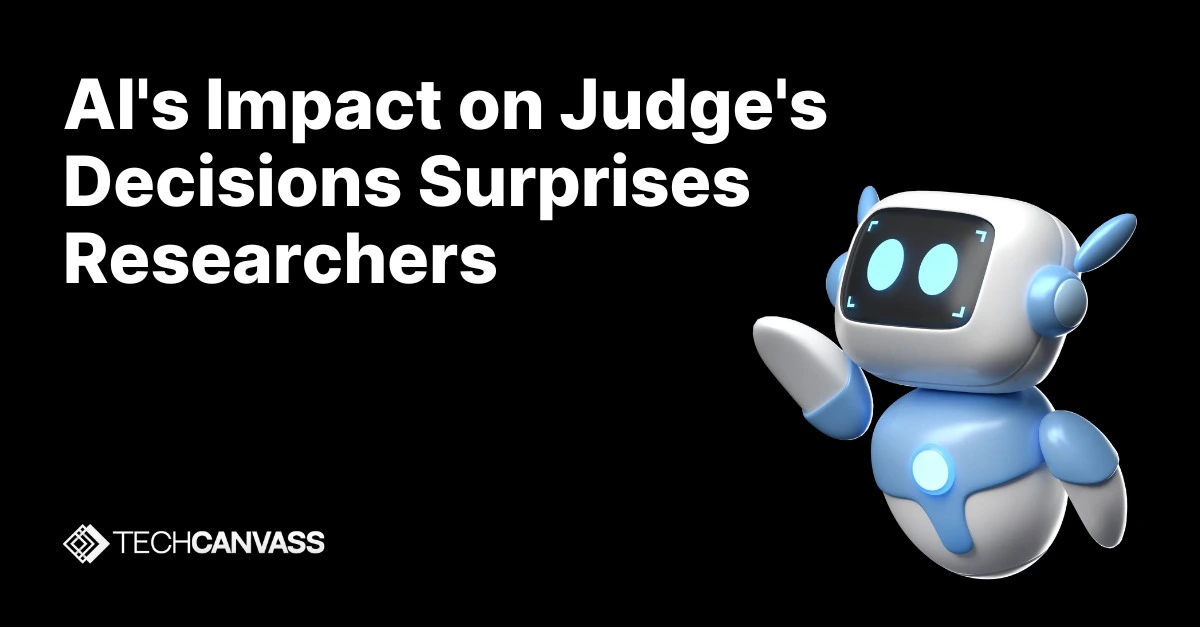ArXiv preprint server recently posted a working paper, which is authored by James Greiner and Kosuke Imai, which highlights the big question- What could be the impact of AI on judicial decision-making, when it comes to criminal bail decisions? A study, which is conducted in Dane County, Wisconsin, compares the bail decision that is made by an individual judge with the one suggested by an AI system over 30 months.
This is when the researchers discovered that the AI algorithm’s performance was poor in comparison to the judge’s when it came to predicting the offenders. It suggested more harsh measures than required. The conclusions or the final decisions of the judge were not accurate when the AI recommendations were taken into account compared to when the Judge alone made the decisions.
The researchers then suggested that the AI’s prediction could be improved if we recalibrated the algorithm. They suggest that while AI can be easily modified and transparent, human decision-making is rather difficult to modify or change as they are based on personal opinions and feelings.
The study underlines that open-source AI is essential for empirical evaluation and that biases in both AI and human decision-making must be addressed. The results urge a thorough review and enhancement of the criminal justice system’s use of both AI and human decision-making.
To read the complete blog, VISIT HERE.

